HMM introduces BAF on Asia - Europe trade
Hyundai Merchant Marine (HMM) introduced a new scheme into the market relating to bunker surcharge, as weak shipping demand, excessive shipping capacity, poor freight rates and high operating costs are some of the primary problems now placing greater financing pressure on container shipping.
One of the most critical ingredients for a shipping line, being vessel owner and operator, has traditionally been oil prices. The Bunker Adjustment Factor (BAF) aims to reduce the risk exposure to oil price fluctuations.
But in reality, the BAF has invariably not been a separate surcharge from ocean freight since the adoption of different BAF formula’s due to market environment changes.
The average yearly fuel oil price has risen from USD 492/ton to USD 651/ton from 2009 to 2011, respectively, and reached USD 731/ton recently. Meanwhile, the all-in rate on the Asia/Europe westbound trade is now even lower than the amount of BAF announced. Furthermore, despite recent hikes in oil prices there seems to be no firm momentum that the BAF will be on a floating basis in the near future.
HMM notified the trade that together with the GRI of USD 700/TEU effective from March 1, 2012 for cargo moving into North Europe and the Mediterranean from all westbound origin countries (including Japan), a new bunker-related surcharge will also be introduced in the name of VOB (Variation Of BAF) for the first time in the market.
The methodology is that USD variances between current and coming months will be the quantum of the VOB and the new surcharge quantum will increase/decrease depending on HMM’s own BAF Tariff published through its homepage at www.hmm21.com every month without change in current formula.
The VOB will start at USD 80/TEU (e.g. the difference between USD 772/TEU in February and USD 852/TEU in March). For illustrative purposes, if the BAF tariff were then decreased to USD 800/TEU in the subsequent month, the applicable VOB amount would be USD 28/TEU.
The introduction of VOB enables HMM to maintain a high level of reliable scheduled liner services to facilitate customers’ supply chain management. < Korea Shipping Gazette >
많이 본 기사
- 프리미어얼라이언스, 부산항 뱃길 4편 늘려…북미·유럽 강화컨운임지수 2주 연속↑…중동 반년만에 2000弗 돌파동남아항로/ “미중 갈등 어부지리” 운임·수요 예상밖 선전해양수산부 부산시대 개막…북극항로 개척 시동종합물류기업 꿈꾸는 DP월드, 유니피더 브랜드 없앤다한중항로/ 수입운임 3년째 하락세…선사들 채산성 악화대만 완하이라인, 中 조선에 6000TEU급 컨선 6척 발주한러항로/ 악재 속 물동량 꾸준…물류 흐름도 개선돼광양시, 광양만권 이차전지 특화단지 유치 나선다한일항로/ 시황 하락에 노선 합리화 안간힘
- 부산항 신항 서‘컨’ 배후단지 인프라 정비 착수“국감문제 해결안돼 마음 무거워” 한국선급 이형철 회장 퇴임선박관리산업협회, 세번째 바다음악회 성황리 개최해양환경공단, 해양폐기물 저감 공모전 대상 <폐플라스틱 먹방>美 철도 대기업 합병에 독과점 우려 확산벌크선시장, 연말 비수기에 시황 침체 이어져중동항로/ 지역·무역 갈등 확산에 해상운임 ‘출렁’한국선급 이영석 신임 회장 "해사업계 지속가능한 발전 위해 헌신할 터...극동MES, 中 선전서 경영전략회의…“조직역량 재정비”獨 하파크로이트, 중동 피더 노선 통합
스케줄 많이 검색한 항구






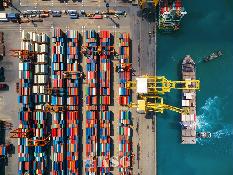
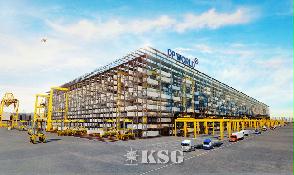


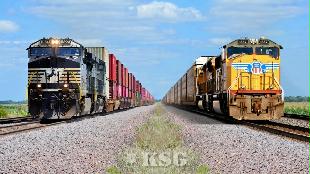

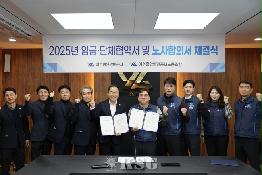
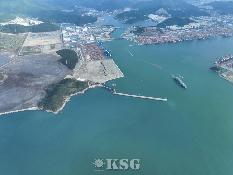

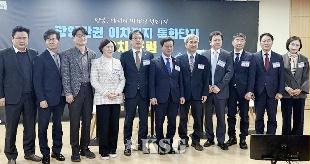
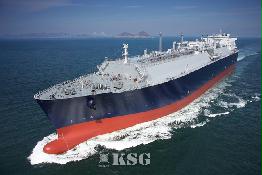

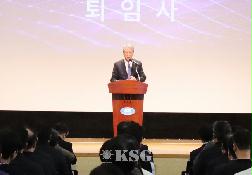
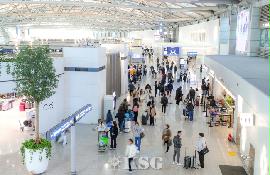
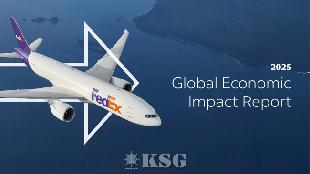

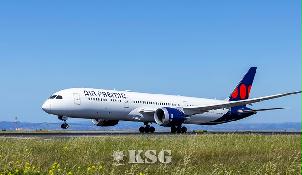
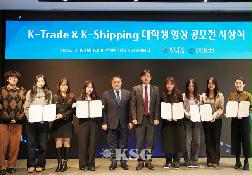

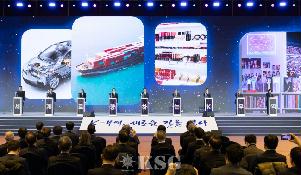


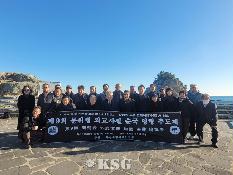
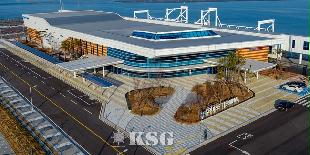
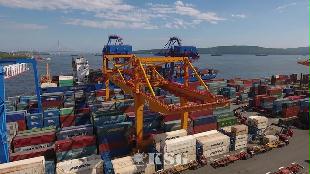
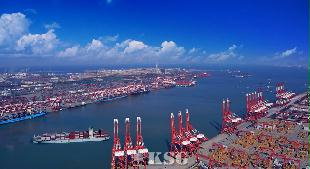
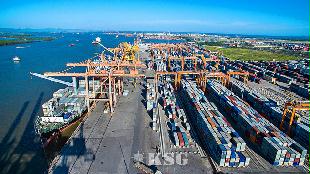
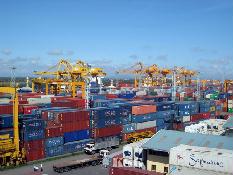






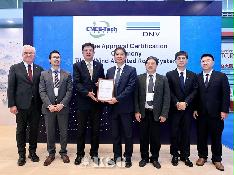


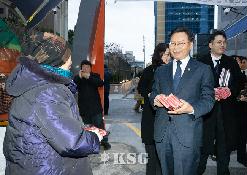





















0/250
확인